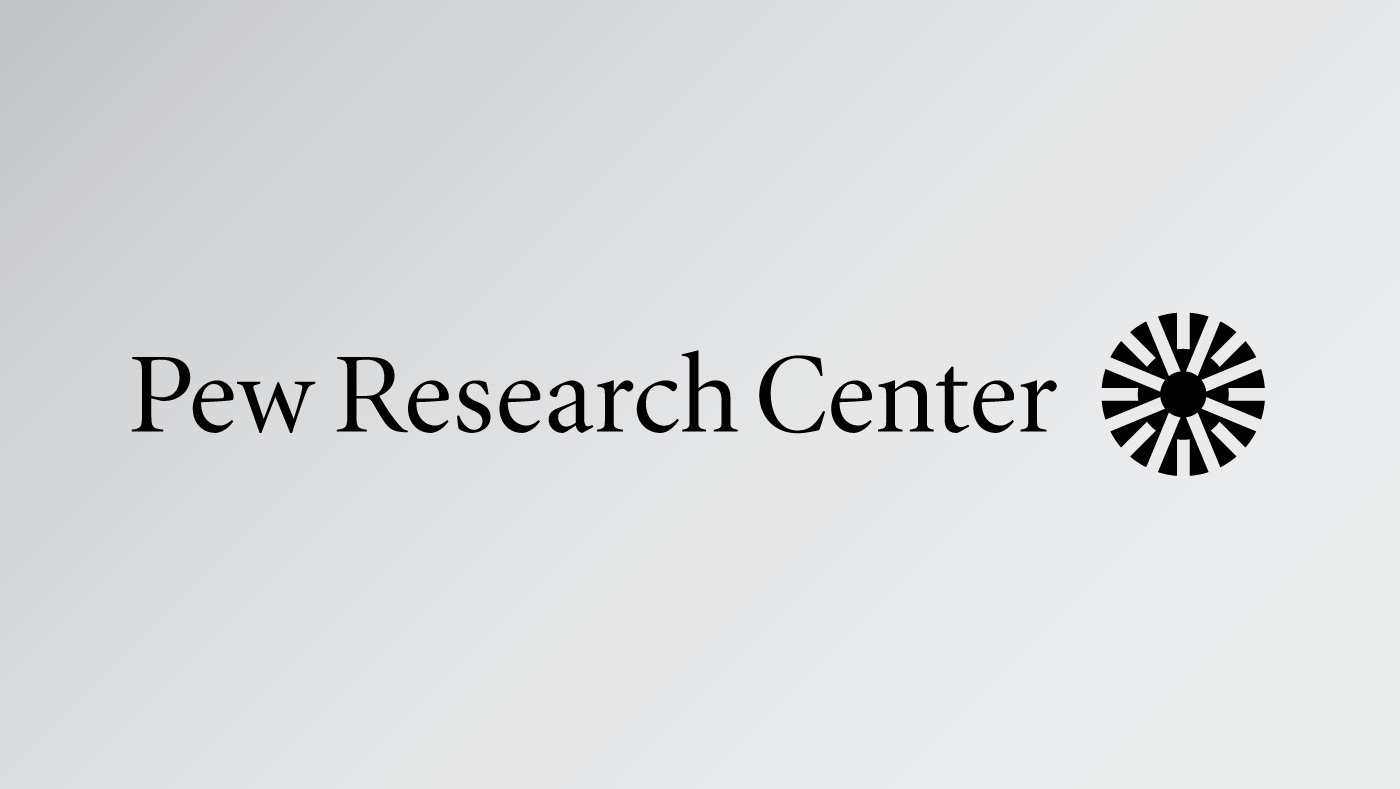
Meg Hefferon | Pew Research Center
- Select a language for the TTS:
- UK English Female
- UK English Male
- US English Female
- US English Male
- Australian Female
- Australian Male
- Language selected: (auto detect) - EN
Play all audios:
Loading...
reportAug 2, 2019 Public confidence in scientists is on the upswing, and six-in-ten Americans say scientists should play an active role in policy debates about scientific issues, according
to a new Pew Research Center survey.